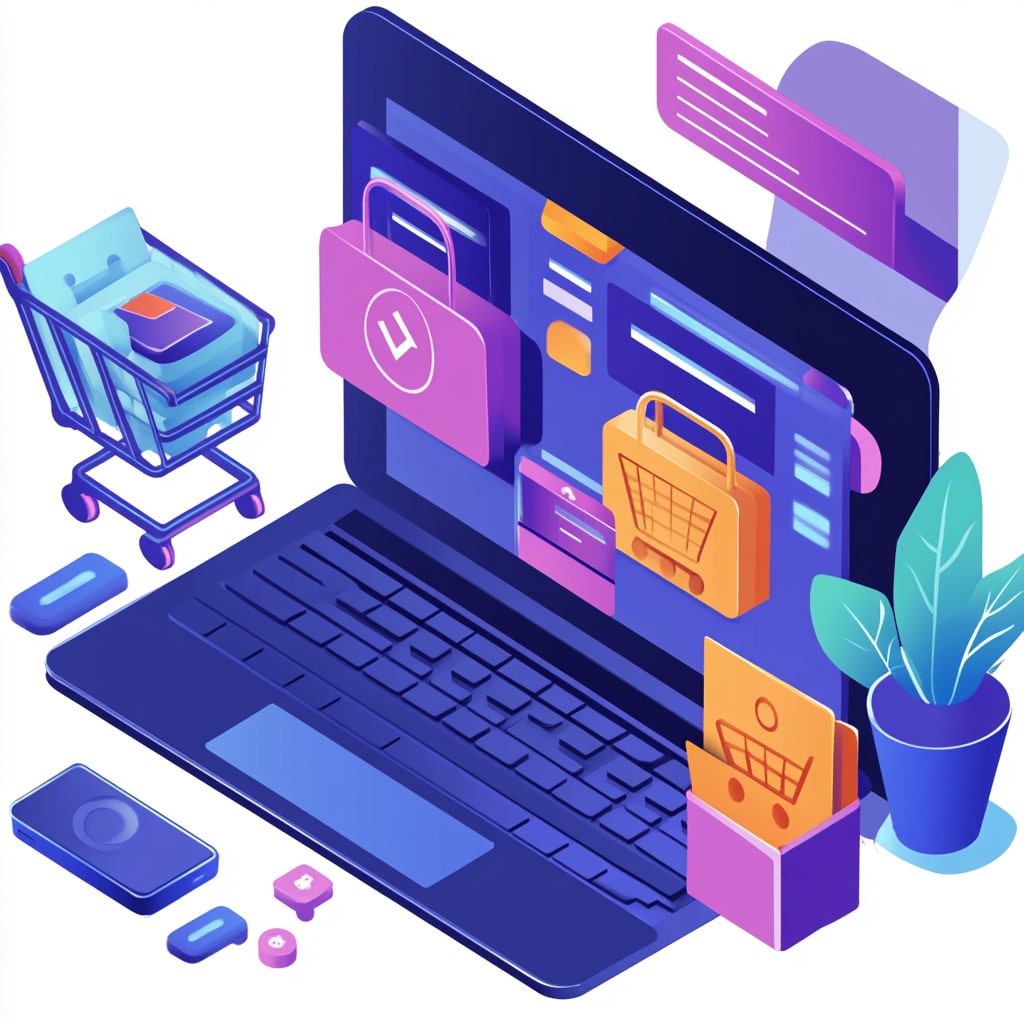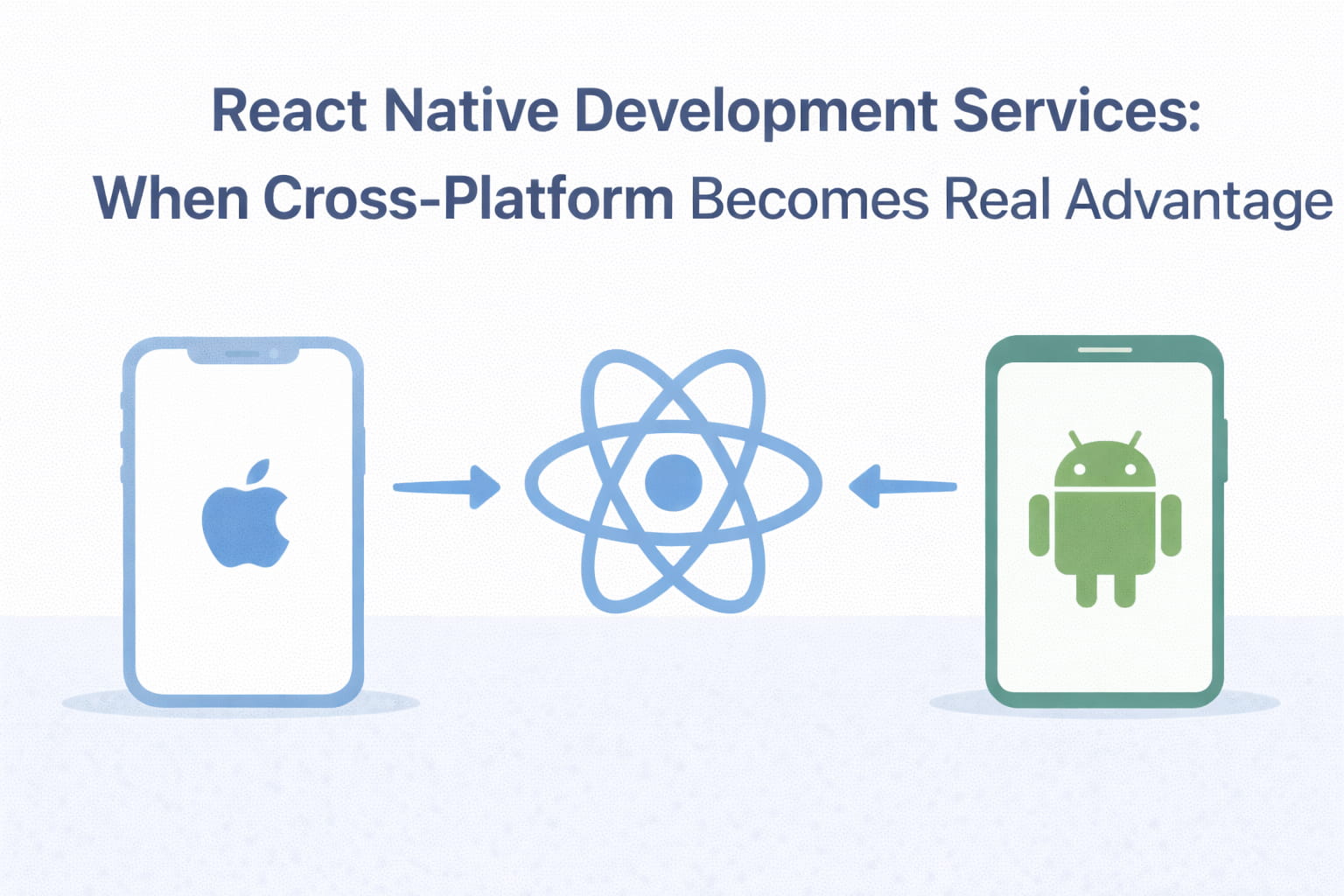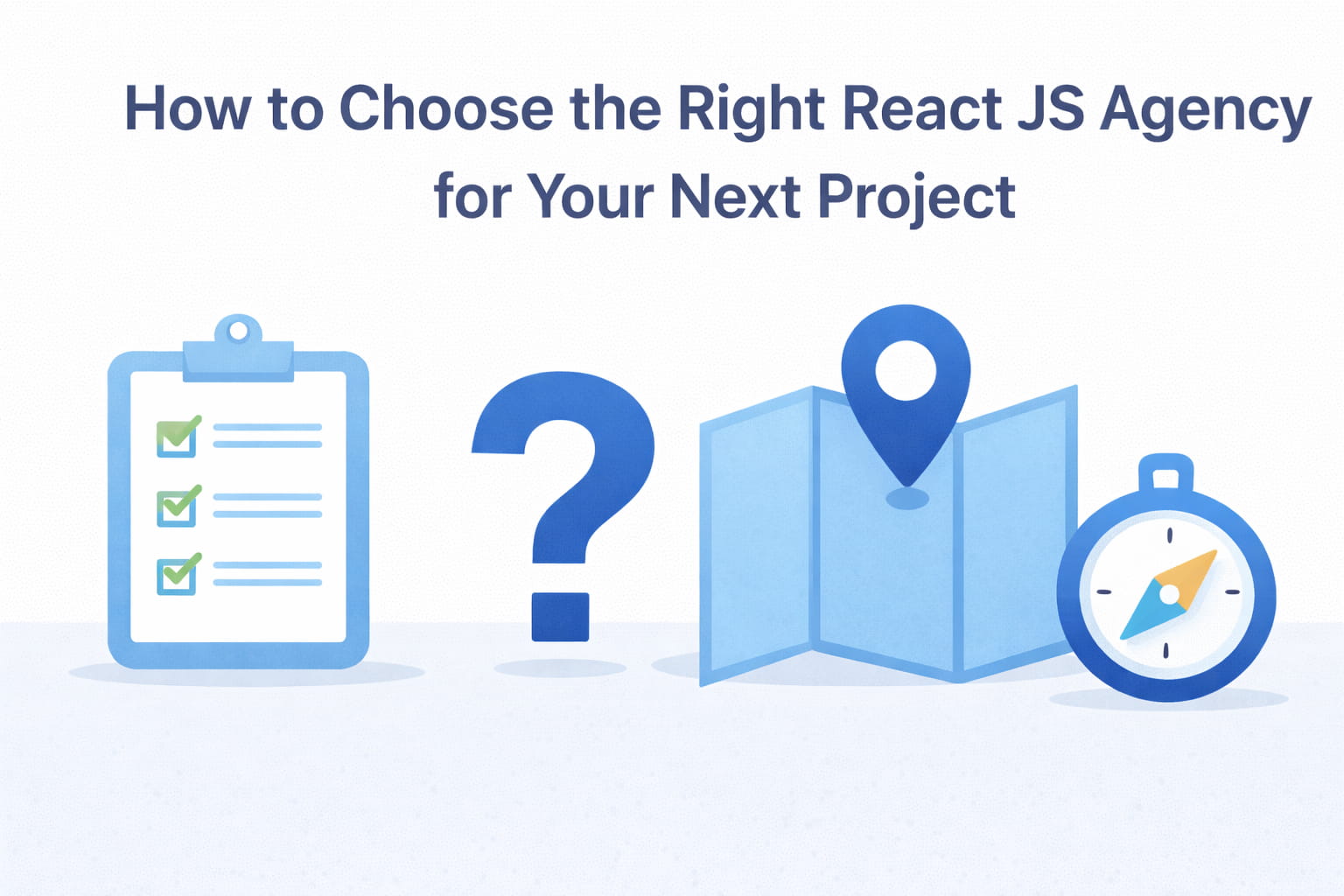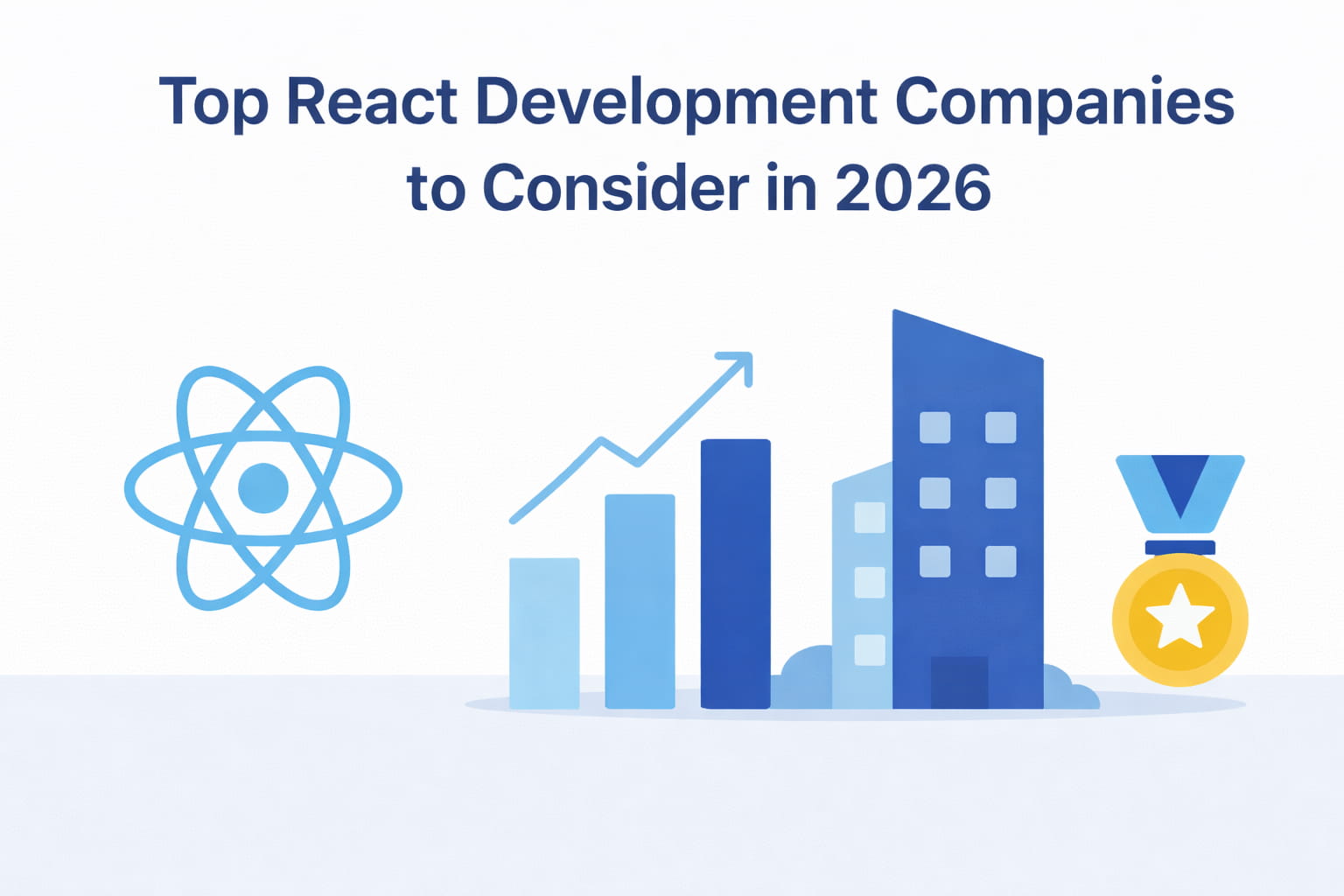In today’s e-commerce world, a strong online presence is key to success. If you want to grow your e-commerce brand, choosing the right Shopify developer to build your idea is a vital decision. Shopify developers can adapt your store to meet your business’ specific demands, but the process of hiring one can be difficult.
Here’s a guide on where to find a Shopify developer, what to think about during your search, and how to prevent mistakes.
Understanding Your Needs: Strategist vs. Task-Master
To begin, it’s important to determine what kind of assistance you need. Shopify developers and agencies vary in what they offer. Generally, they fall into two categories:
- The Strategic Partner: These teams function almost as part of your company. They look at your data, find where customers are leaving, improve your conversion rate, and suggest ways to make things better. They offer complete service for growth.
- The Action-Oriented Partner: This developer or agency is more tactical. They’re good at executing specific tasks you define, such as installing a new app, building a custom page, or fixing a bug. They wait for your direction but execute it flawlessly.
Are you looking for a strategist to guide your growth, or a skilled task-master to implement your ideas? Figuring this out first will help you find the right Shopify developers.
In-House or Outsourced Marketing
Another key factor is whether you have an in-house marketing team or if you expect your Shopify partner to handle that aspect as well. If you don’t have marketing staff, find a partner who can manage those tasks. This gives you a single source of contact. It’s simpler to keep everyone aligned on plans and aims that way.
Where to Start Your Search
Finding the right Shopify developer is more than just scrolling through job boards or freelance marketplaces like Upwork or Fiverr. While these platforms may yield impressive results, they can also be very hit-or-miss. Unfortunately, many have experienced challenges such as poor communication, shoddy code, or, in the worst cases, being scammed. This is especially true for those unfamiliar with the ins and outs of hiring freelancers.
Instead, consider these curated options:
1. Specialized Hybrid Platforms (For Small to Medium Tasks)
These businesses verify freelancers, which gives a safer option than using a disorganized marketplace or a costly big agency. They are perfect for projects ranging from 2 to 40 hours.
- Store Tasker: Connects you directly with pre-vetted developers, designers, and marketers. It gives you direct chat, and it secures payments. They typically handle bigger projects.
- Hey Carson: This option offers hourly help or package deals. An account manager gives tasks to developers, which can be fast but might lead to different people working on your project.
Using these platforms is a low-risk way to gain experience working with developers, understand fair pricing, and get tasks completed reliably.
2. The Shopify Experts Marketplace
Shopify has a directory of approved agencies and partners. This is a perfect place to find teams that can handle large projects, like building stores or helping with long-term growth.
3. Freelance Marketplaces (For the Experienced)
Platforms like Upwork and Fiverr have a lot of talent. Still, you need to be careful to avoid hiring someone who isn’t qualified. This works best if you’ve managed developers before and know how to check skills and proposals.
4. Non-Negotiable Tips for Hiring Your Developer
- Get a Contract: Never start work without a signed agreement. The contract should outline timelines, payment terms, deliverables, and – critically – who owns the code and design files upon completion.
- Set Clear Deadlines & Milestones: Break the project into small, manageable chunks with specific due dates. This keeps everyone aligned and prevents you from waiting months for a single, large delivery.
- Prioritize Communication & Chemistry: Find a team you enjoy working with. Since this is a long-term relationship, ensure they understand your brand and that communication is smooth. Establish preferred channels (e.g., Slack) and set regular meeting times, especially if working across time zones.
- Consider Marketing Integration: If you do not have a marketing team, think about using an agency that does both development and marketing. This makes one team responsible for growing your store and avoids blaming between separate teams.
- Look for a Long-Term Partner: The goal isn’t just to complete a task; it’s to find a “go-to” expert – like a trusted mechanic or dentist. A great developer who knows your store inside and out will anticipate needs and suggest valuable improvements you hadn’t even considered.
Finding the right Shopify Devs is about due diligence and clear communication. By defining your needs, choosing the right platform for your search, and setting professional boundaries from the start, you can build a productive partnership that drives your store forward for years to come.
Digital Octane is familiar with this process. As an agency deeply involved in Shopify development, we’ve assisted many new businesses and well-known brands in overcoming these problems. Our experience has taught us that a good development partner is more than a service; they are a valuable resource.
Whether you want a partner to examine and improve your customer experience or a team to complete a tough development project, we aim to be a central resource for our customers. We value open, lasting relationships where our success depends on your growth.



